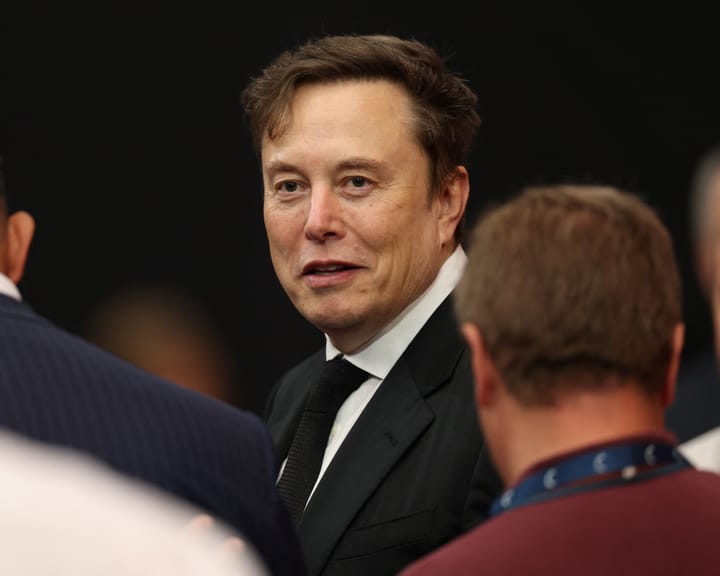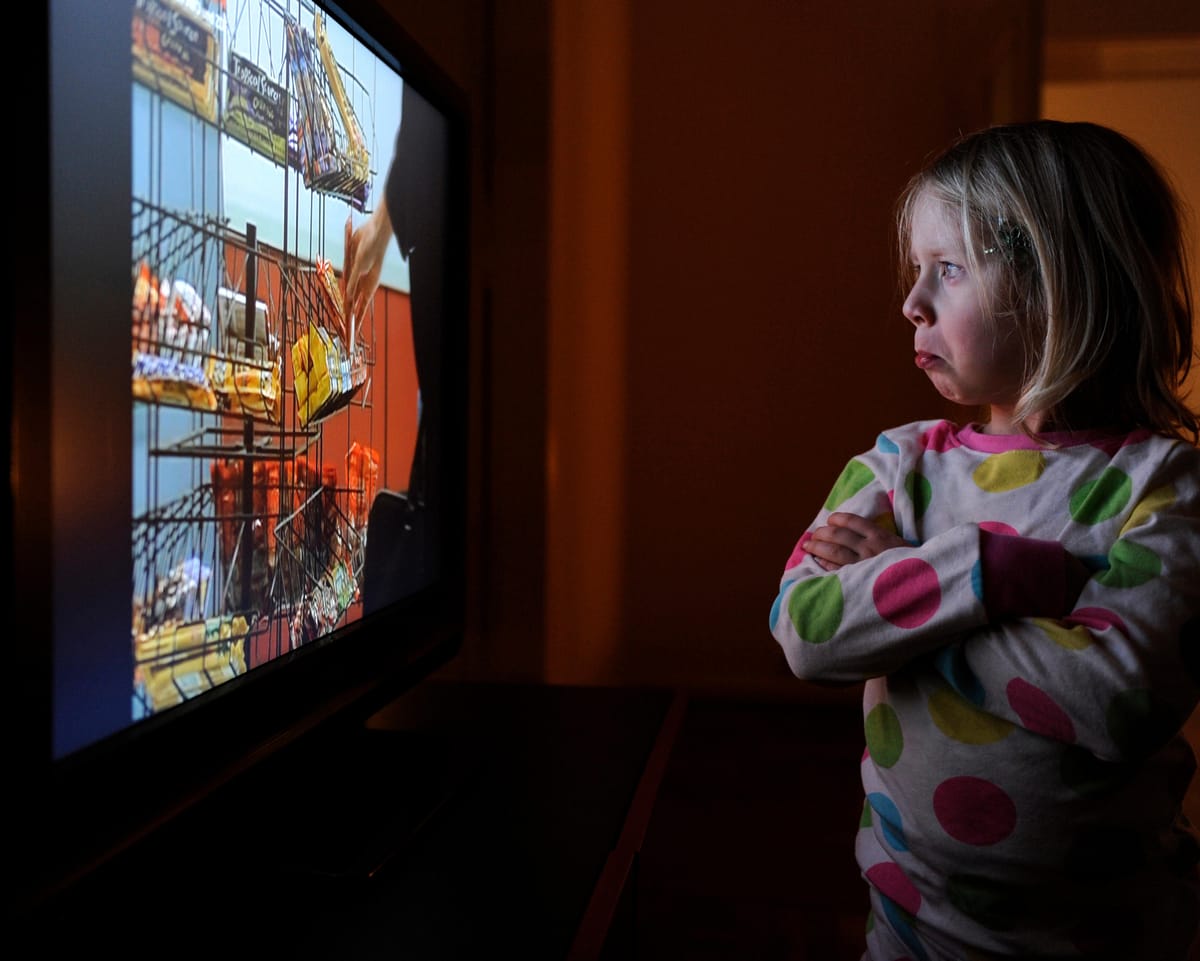Children Favor YouTube as Their First Choice for TV Viewing
Children are increasingly turning to YouTube as soon as they switch on the television, marking another step in the video platform’s shift from computers to living rooms.
According to a study by Ofcom, the UK’s communications regulator, YouTube has become the top initial TV destination for the youngest generation. One in five viewers aged four to 15 went directly to the platform last year. Netflix followed closely, while BBC One and BBC iPlayer also ranked among the preferred choices.
The trend extends beyond younger audiences. Viewers aged 55 and over watched nearly twice as much YouTube content in the past year compared to the previous period, with daily viewing rising from six to 11 minutes. A growing share of that viewing—42%—now happens on TV screens.
On average, users spent 39 minutes daily on YouTube in 2024, making it the second most-watched service in the UK, trailing only the BBC but ahead of ITV.
Meanwhile, traditional live TV viewing continues to decline, particularly among younger audiences. Those aged 16 to 24 watched just 17 minutes of scheduled broadcasts per day last year, with fewer than half tuning into any broadcast TV in a typical week—down from 48% in 2023.
YouTube’s growth has positioned it as a direct competitor to traditional broadcasters. Half of its most popular videos now feature formats similar to mainstream TV, including extended interviews and game shows.
This shift poses challenges for public service broadcasters like the BBC, ITV, and Channel 4, who must balance how much content to share on YouTube. While it helps them reach newer and younger audiences, the platform also claims a large portion of advertising income. Additionally, hosting programs on YouTube risks drawing viewers away from broadcasters’ own services.
Ed Leighton, Ofcom’s interim group director for strategy and research, said public service broadcasters are responding to changing habits but urged greater efforts to sustain their long-term future. Ofcom has advised struggling broadcasters to collaborate with YouTube, though it emphasizes the need for fair commercial agreements.
Michael Grade, Ofcom’s chair and a former Channel 4 executive, suggested lawmakers consider measures to ensure UK broadcasters receive better visibility on YouTube.
Channel 4 leads in leveraging YouTube, with executives stating it expands their audience without harming their platforms. ITV also secured a new agreement with YouTube last year. The BBC, however, remains divided on how much content to share there.
Read next

"AirPods Pro 3 reviewed: Upgraded battery, superior noise cancellation, top-tier performance"
Apple’s widely used AirPods Pro wireless earbuds have returned for their third iteration, offering improvements in comfort, battery performance, integrated heart rate tracking, and enhanced noise cancellation. The new model appears poised to be as prevalent as earlier versions.
Three years have passed since the previous release, yet the

"Peter Thiel's secret talks on antichrist shed more light on him than doomsday"
Peter Thiel’s Unusual Academic Pursuits
Peter Thiel is known for his skepticism toward academia. Yet, in four recent private lectures in San Francisco discussing the antichrist, the billionaire investor has made an unexpected case for intellectual credentials.
During these wide-ranging talks, Thiel appeared to channel the eclectic thinking he

"X resolves $128M severance dispute with former Twitter executives"
# Elon Musk and X Reach Settlement with Former Twitter Executives Over Severance Dispute
Elon Musk and X have resolved a legal dispute with four former high-ranking executives of Twitter, including the company’s ex-CEO, who alleged that the billionaire withheld $128 million in severance payments after acquiring the social media

